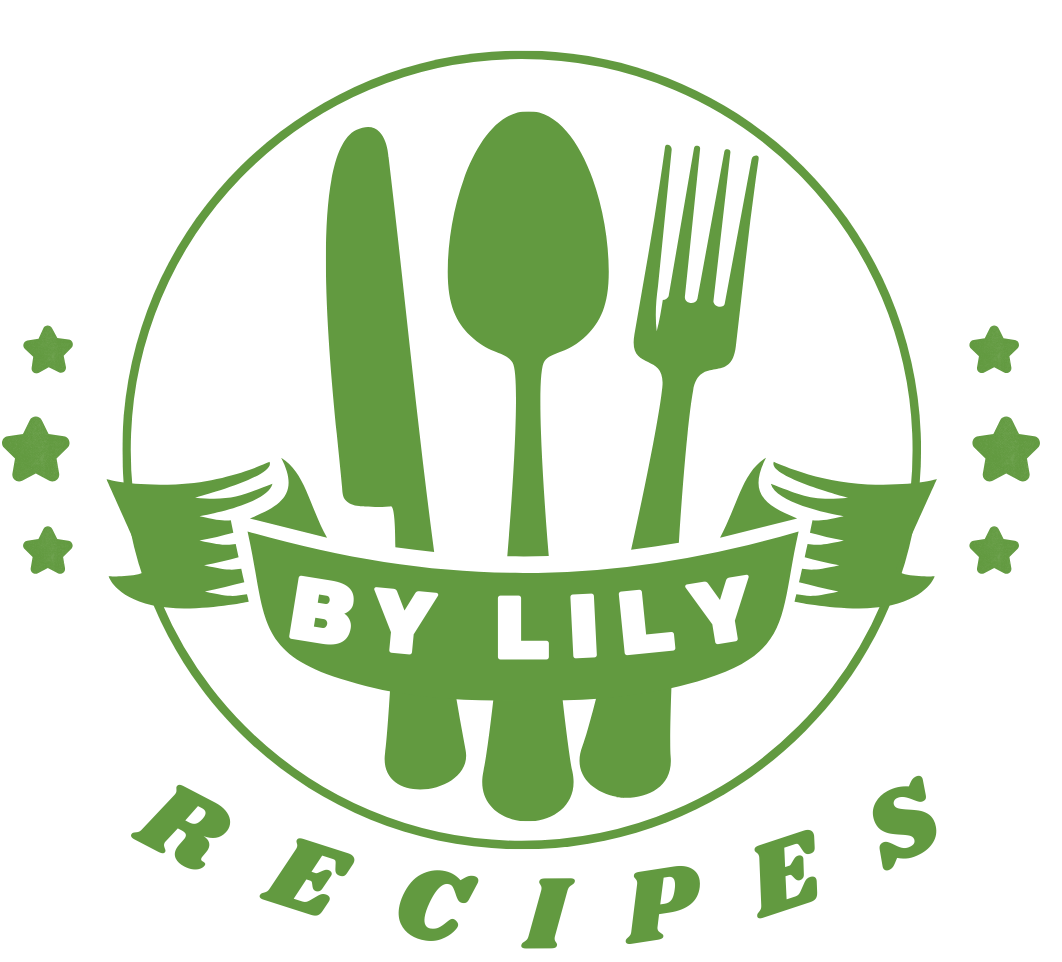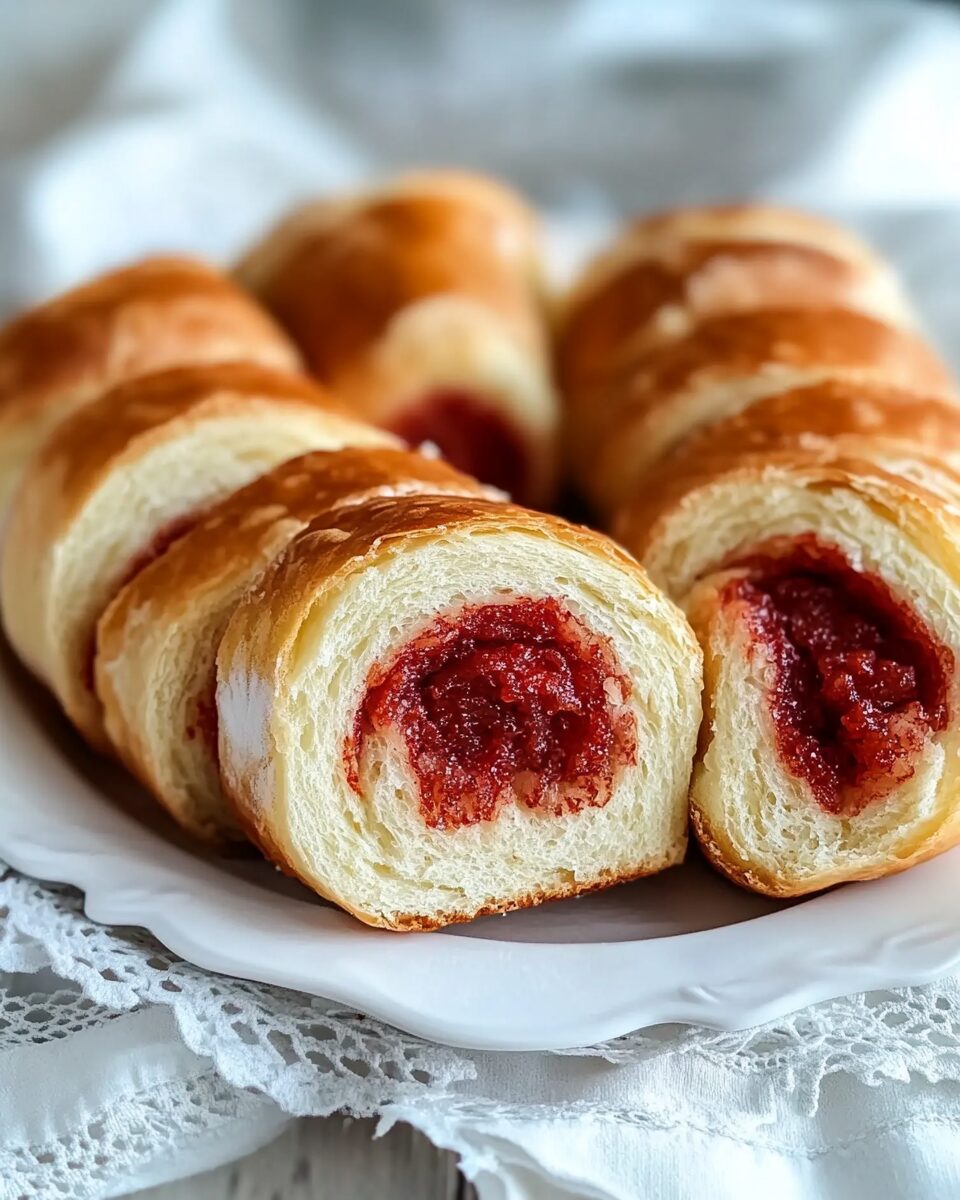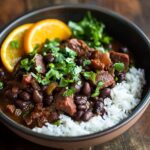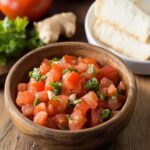Why This Recipe Works
This recipe for Salara succeeds through its thoughtful balance of flavor, texture, and color. The dough is enriched with warm milk and butter, resulting in a tender crumb that’s easy to roll and beautifully soft when baked. A gentle rise ensures it becomes airy without being too loose, providing the perfect structure to wrap around the filling.
The coconut filling is where the magic happens. A mixture of sweetened shredded coconut, brown sugar, warming spices, and two kinds of extract—vanilla and almond—come together to create a fragrant, candy-like center. The addition of red food coloring gives the bread its signature look, transforming it from a simple coconut roll into a show-stopping, celebratory centerpiece.
Sautéing the filling briefly helps meld the ingredients, awaken the spices, and reduce moisture, ensuring it remains thick enough to roll without seeping through the dough.
Baking the roll uncovered allows the exterior to develop a golden hue, while a post-bake butter brush keeps it soft and shiny. The plastic wrap and towel trick used while cooling helps the crust stay tender and prevents drying.
Flavor and Texture Highlights
Salara’s flavor is bold, sweet, and warmly spiced. You’ll taste:
-
Toasted coconut sweetness from the filling
-
Cinnamon and nutmeg warmth, blended into the moist interior
-
Buttery, fluffy bread that wraps around the coconut spiral
-
Vanilla and almond extracts that deepen and enhance every bite
The red filling offers not only a stunning visual but also a symbolic connection to festivity and Caribbean flair. The texture is soft and slightly chewy, punctuated by the occasional crispness of golden coconut shreds.
Each slice is a balance of rich and light, making Salara satisfying without being too heavy.
Cultural Origins and Significance
Salara is deeply rooted in Guyanese culinary tradition, reflecting the country’s rich blend of African, Indian, and European influences. Much like Jamaican gizzada, Trinidadian coconut bake, or Barbadian sweet bread, it showcases coconut as a star ingredient—a reflection of both cultural heritage and abundant island resources.
In Guyanese communities, Salara is traditionally served with tea or enjoyed as a special breakfast or snack. It’s commonly found at gatherings, church events, and holidays like Easter or Christmas, where baked goods symbolize warmth, togetherness, and celebration.
Its vibrant red color and sweet, aromatic filling make it a festive treat that brings nostalgia to many and joy to those trying it for the first time.
Nutritional Highlights
Salara is an indulgent yet balanced sweet bread, perfect for occasional enjoyment. Each slice (from 12 to 13 servings) contains approximately:
Calories: 232
Fat: 10g, including 8g saturated fat from coconut and butter
Carbohydrates: 32g, including 14g sugars from sweetened coconut and added sugar
Fiber: 3g from coconut and flour
Protein: 3g
Cholesterol: 13mg
Sodium: 103mg
Calcium: 29mg (2% DV)
Iron: 1mg (7% DV)
Potassium: 121mg (3% DV)
To make it slightly lighter, you can reduce the sugar or substitute unsweetened coconut and add your preferred sweetener. It’s also naturally dairy-optional if you use plant-based butter and milk, and contains no eggs in the dough, making it adaptable for some dietary needs.
Tips for Best Results
-
Let the yeast bloom fully for a fluffy and tender bread. You should see bubbles and a foamy top after 15–20 minutes.
-
Warm the milk, not hot—about 100–110°F ensures it activates the yeast without killing it.
-
Knead the dough until soft and smooth. A tacky dough is ideal, but it shouldn’t stick excessively to your hands.
-
Color the coconut filling evenly. Start with a few drops of red food coloring and mix well. Add more for a deeper red.
-
Cool the filling completely before spreading it—this keeps it thick and prevents dough tearing.
-
Seal the edges tightly when rolling the log to keep the filling inside during baking.
-
Don’t overbake. When gently pressed, the bread should spring back. Overbaking may result in a dry roll.
Serving Suggestions
Salara is best served:
-
Sliced and warm, with a cup of tea or coffee
-
Toasted lightly for a crisped edge and melting filling
-
With a smear of butter or margarine
-
As part of a Caribbean brunch spread, with bakes, saltfish, and plantains
-
Wrapped as a gift or holiday bake, perfect for sharing
Its festive look makes it ideal for serving during Easter, Mother’s Day, or any celebration meal. Serve with tropical fruit, ginger tea, or condensed milk drinks for a full island-inspired experience.
Make-Ahead and Storage Tips
-
The dough can be made up to 24 hours in advance and stored in the refrigerator. Bring to room temperature before rolling.
-
Fully baked Salara keeps well at room temperature for up to 3 days, wrapped tightly in foil or plastic wrap.
-
For longer storage, wrap and freeze the roll whole or in slices. Thaw at room temperature and warm in the oven before serving.
-
To reheat, place slices in a toaster oven or regular oven at 300°F for 5–7 minutes for best flavor and texture.
Why You’ll Love This Recipe
Salara is a joyful, colorful, and fragrant bread that feels just as at home on a casual table as it does at a holiday celebration. It’s nostalgic for some, brand new for others—but universally loved. Its sweet coconut center, aromatic spices, and festive hue bring island warmth into every slice.
It’s the perfect recipe to bake with loved ones, gift to friends, or enjoy with your favorite cup of tea. If you love coconut, cinnamon, or anything with a tender crumb and a sweet swirl, this bread is for you.
Conclusion
Salara (Guyanese Coconut Roll) is a Caribbean classic that delivers comfort, color, and flavor in every bite. Soft, buttery dough wraps around a spiced, crimson coconut filling, creating a sweet bread that’s as visually striking as it is delicious. Rooted in tradition and shared with joy, it’s a bake that brings people together and leaves a lasting impression—slice after beautiful slice. Whether you’re baking for nostalgia or discovery, Salara is an unforgettable treat that brings a taste of Guyana to your kitchen.






